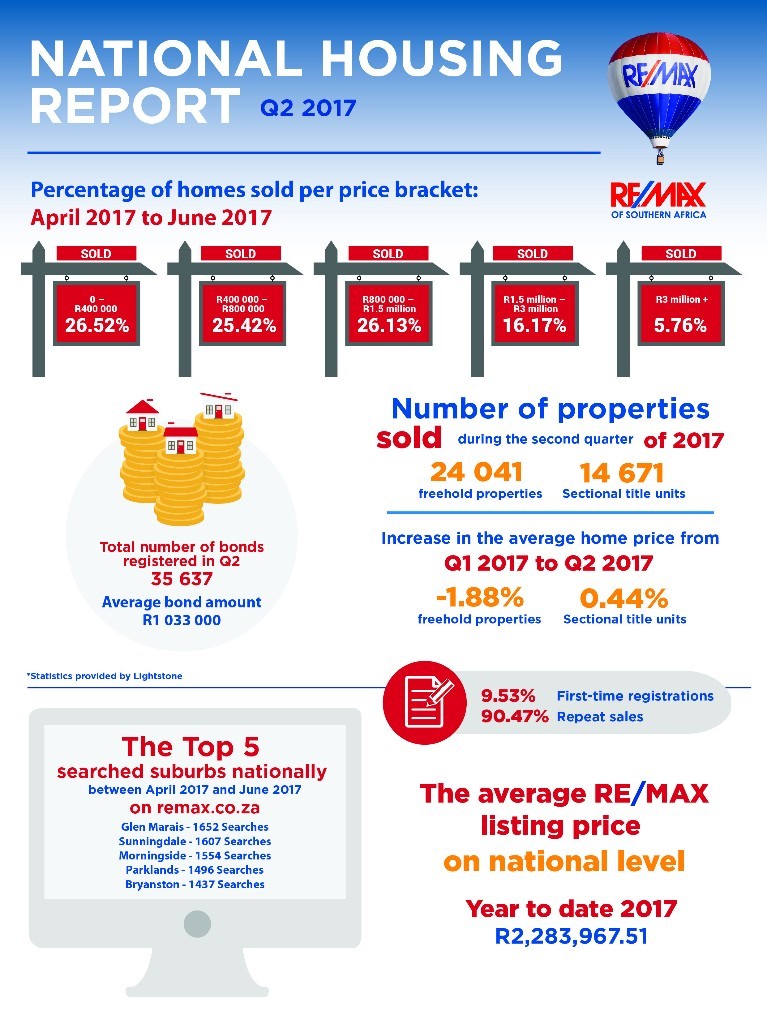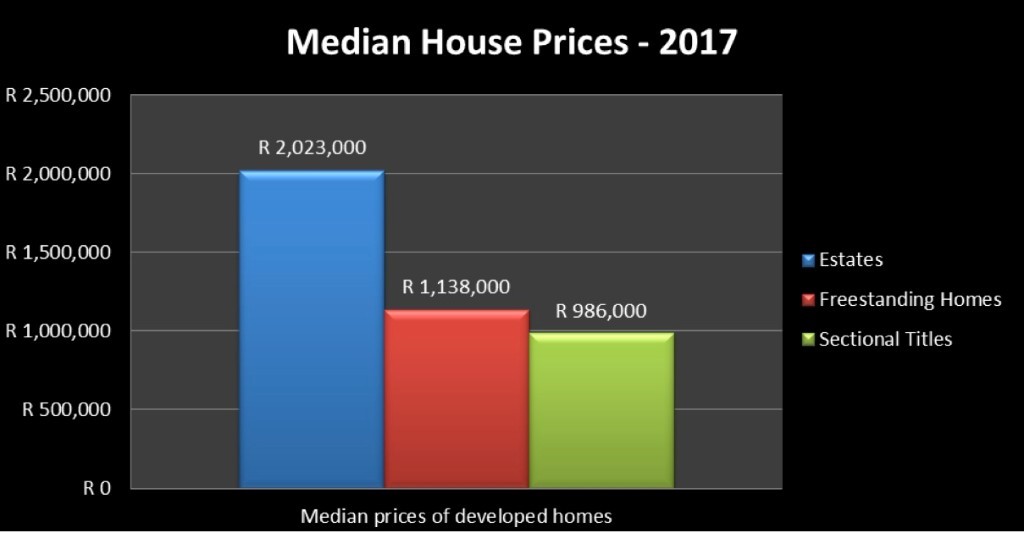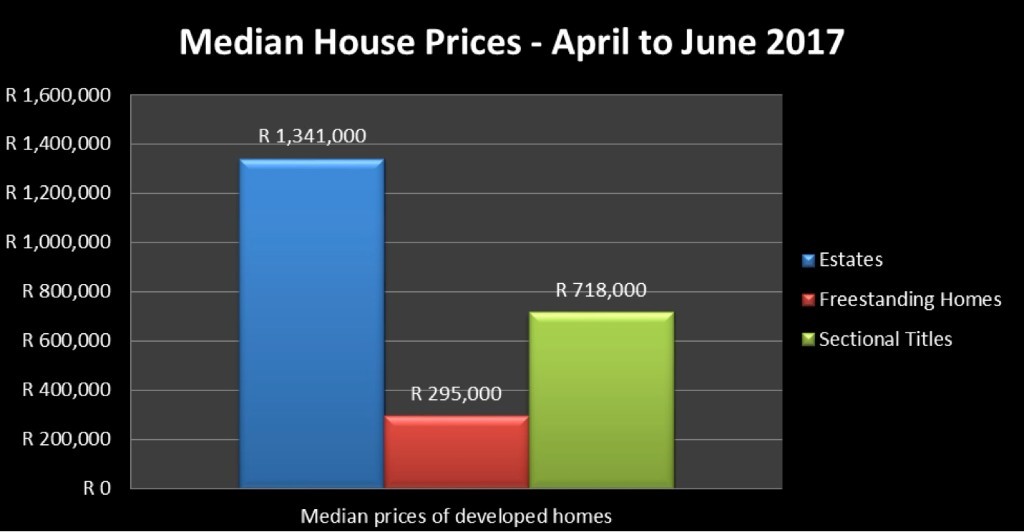
Listing and selling a home can be a stressful time, especially if the homeowner no longer lives in the property. What makes selling a vacant home so much more stressful? Well, the unfortunate reality is that a vacant property is a vulnerable target for vandals and the chance of the home being broken into increases.
“An unoccupied home is an easy target for criminals, which means that sellers need to take extra caution,” says Adrian Goslett, Regional Director and CEO of RE/MAX of Southern Africa. “Precautions need to be taken to ensure that the home remains in its best possible state and protected from unsavoury elements in society.”
Here are some tips that can be used to help protect the property during the sale process:
Notify local law enforcement
Contacting the local police station can reduce the possibility of a problem with the home. As a tax paying resident, the seller has the right to request that the local law enforcement keeps an eye on the property while it is vacant. Most police stations will be accommodating and will ensure that additional attention is paid to the property.
Speak to the neighbours
Inform the neighbours that the home is up for sale and currently vacant. If they don’t have your mobile number already, give it to them and ask that they make contact if there is anything they think requires your attention. Many neighbourhoods will have a watch or association that patrols the area, so inform them that the house is empty. Also, request that the real estate agent marketing the home checks in on it between showings.
Install a security system
If the home does not currently have a security system, install one. It will keep the home safer and will increase its value. For many prospective homebuyers, security is a determining factor in their property buying decision-making process. A security system will make the home more attractive to buyers.
Timers on lights
An added security feature is timers that turn the lights on during the evenings - this will give the appearance that someone is home while conserving energy during the day time. Ideally, there should be sufficient lighting for both the interior and exterior of the home, as a poorly lit exterior will allow criminals the comfort of not being seen by people passing by. Motion activated lighting is an ideal security feature and selling point.
Stage the home
Even though no-one is currently living in the home, it does not need to be empty. A bare home can seem less homely to would-be buyers. During the listing process, the agent will want to take photos of the home’s interior. Ideally, the photos should either be taken with the furniture still in the home before the seller moves out or with a few small choice pieces. The property will appear more homely, and it will prevent criminals who are looking online to see the property as an easy target.
Secure entrances
Securing the entrances refers to more than just locking the doors, it also means closing the windows securely and bolting the glass sliding door. Pay attention to any area in the home that could be used to gain entrance. Extra precautions could include adding deadbolts to all the doors and installing wooden or metal sticks in sliding door tracks.
Don’t leave mail and newspapers outside
Ensure that regular visits are made to the home to pick up mail. Piles of newspapers or an overflowing mailbox are telltale signs that no-one has been home for a while. If it is not possible to pick up the mail regularly yourself, ask neighbours, friends and relatives to help out by stopping by the property occasionally to empty the mailbox. Also, make sure to inform the relevant parties of a forwarding address where mail can be diverted – this will eliminate the chance of an overflowing mailbox.
Maintainance of the home’s exterior
Overgrown shrubbery and an uncut lawn are another tell tale sign that the home is not inhabited. Even though no-one is currently living in the property, it stills needs to be regularly maintained. A well-maintained home with curb appeal is evidence that the home is often visited. Not only will maintaining the home deter trespassers, but it will also make the home more attractive to prospective buyers.
Goslett concludes that while selling an uninhabited home can be a daunting task, using the above tips will help to ensure that the process is as hassle-free as possible. Using an experienced real estate professional from a reputable brand will also expedite the process and ensure a quick and seamless sale.






















